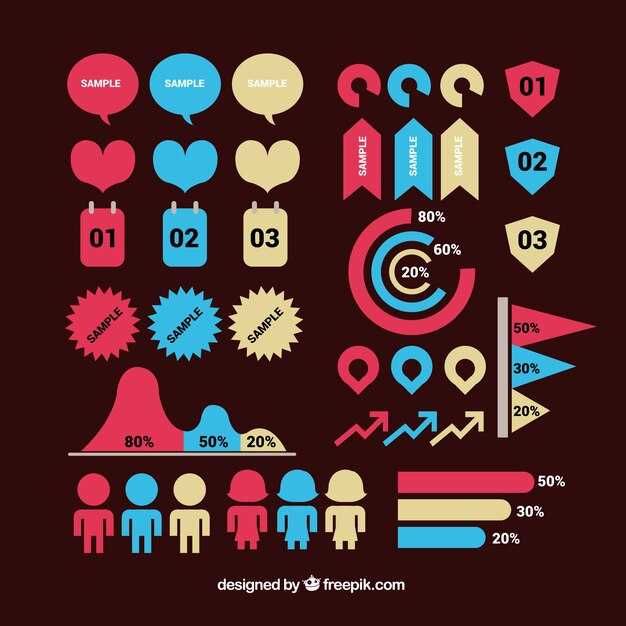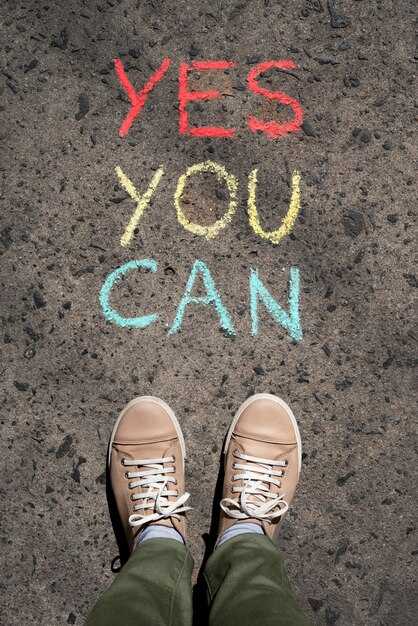I remember a time when someone crushed my heart and said something that felt like a verdict: he told me he didn’t think I was capable of love. Has anyone ever pronounced something so devastating to you? I’ll never forget that moment—not only for the loss of hope, the sinking thought that something beautiful I believed was happening was over, but for the poisonous idea that there was something fundamentally wrong with me. Of course I knew, deep down, that I could love; what was true was that in that season I simply wasn’t ready to be a partner. Do you even know what “partner material” means? I didn’t back then. Over the years I’ve had time to reflect on what actually prepares someone to be more than a crush—to be a trustworthy, long-term partner, an exceptional match, the kind of person we all deserve to find (and who deserves to find us).
If you grew up neglected or on the rough side of things—as I did—then you probably never saw a healthy partnership modeled at home. When parents are inconsistent or neglectful, children learn patterns that often repeat: they move into relationships that mimic that same confusing distance, or they become the ones who treat others that way. If you were hurt before you even started dating, you can easily arrive at relationships guarded, defensive, avoidant, convinced you’ll never be enough. Sometimes we even pick partners who resemble the people who wounded us; a part of us can simply shut down when we meet someone similar, and then no love flows in or out.
When two wounded people come together, the hurt multiplies. When healthy people encounter those wounds and the behaviors that follow, their instincts often flag that the person is not yet “partner material.” I say “yet,” because trauma can be healed. Over time, with work, those wounds can mend—and when they do, healthy potential partners begin to notice you. You come into focus for them. Here are the qualities that tend to signal “partner potential.”
1) You’re not currently entangled in an ambiguous relationship. You’re not “in” something complicated; there isn’t a trail of past people pining for you. Your romantic life isn’t cluttered.
2) You’re clear about what you want and don’t want—and it’s easy for someone else to discover this. You’re not trying to mold a person into your own ideal. That clarity covers practical matters too: money, sex, marriage, kids, power dynamics, relationships with family—you’re not forcing anything because your preferences already align.
3) You’ve shaken off trauma-driven beliefs about yourself and others. Stereotypes like “men just want a mother” or “women are trying to trap men” are blunt and usually false; these broad-brush beliefs are often born from hurt, not reality.
4) You’re genuinely curious about other people. You don’t reduce them to objects—either worshipping them or discarding them because they don’t match you. Even if someone isn’t your type, you treat them with respect.
5) You know how to listen. Real listening isn’t a performative face; it’s a delighted, attentive witnessing of someone’s inner life—tracking their rises and falls, taking pleasure in their story. If you’ve ever been fully heard by someone like that, you know how rare and precious it is. Being that listener doesn’t mean being a doormat; mutual connection requires reciprocity.
6) You have solid boundaries. You don’t rush in or let people take advantage. You can ask a simple question like “Is this a date?” or raise practical topics like who will pay, without panic. You aren’t pushed into intimacy because you can’t say no. With healthy boundaries, you decide consciously what to share and when.
7) You’ve eliminated the “labrats” from your life—people who have feelings for you that you can’t return and who hang around causing jealousy and drama. Those one-sided admirers drain emotional availability; to be partner material, you need tidy emotional space free of jealous exes or secret admirers.
8) You “clean up good.” That doesn’t just mean dressing up when necessary; it means taking care of your body and health, not living a reckless party lifestyle that harms you. Self-care signals respect for yourself.
9) You may carry trauma, but it doesn’t define you. When you’re newly healing, trauma often dominates—but that isn’t a great time to start a relationship. When you’re ready, painful memories are accessible without being controlling; you can mention them without unraveling in public, and you have tools to regulate your reactions. You don’t expect a partner to fix you or to shoulder your whole history. Sometimes it’s appropriate to ask for a temporary accommodation—“Could we not talk about X right now?”—but remember you’re asking a favor, not demanding someone else do the repair work for you.
10) You can be light-hearted. You’re able to feel pleasure and to rejoice for others’ successes without spiraling into jealousy, self-pity, or competitive one-upmanship. (There’s a time for sharing deeper pains, but it’s not every moment.)
11) You have good friendships and are open to introducing your romantic interests to your friends when the timing is right. Relationships kept secret are often signals of unavailability; if you’re proud to let someone meet your people, that openness says a lot. Don’t rush introductions day one—take time—but don’t hide the relationship either.
12) You’re logistically available. You’re not set up for long-distance or planning to move across the globe; there aren’t major life circumstances (a separated spouse, living in someone’s basement indefinitely) that block the possibility of commitment. Physical proximity matters because real dating takes time and in-person getting-to-know-you. That’s why slowing down matters especially if you have attachment wounds: sex can create fast attachment, and many people with trauma need structured, gradual dating so intimacy ratchets up slowly instead of rushing into an intense headlong leap. Also, don’t hide major facts—having a child, planning a move, or an ongoing relationship with an ex are the kinds of things that should be shared. Partner materiality means no major skeletons.
Along with these logistical and emotional features, people notice cultural and conversational cues: if you routinely speak of whole categories of people with contempt, that’s a red flag—often a trauma-driven generalization. Healing softens that stance; you begin to recognize the dignity in different people, even if you don’t want to date them. How you treat servers, drivers, animals, kids, and your family—all these small interactions reveal a lot about your character. Treating others with respect and seeing people’s worth is deeply attractive.
14) You’re honest. There aren’t secretive behaviors around money, past relationships, smoking, or online life. You can answer straightforward questions about your life and what you want in a relationship.
15) You’re considerate. If you make plans, you show up; if something comes up, you communicate and reschedule. Promising to call and not calling is a red flag. People with unhealed boundaries often rationalize flaky behavior because they’ve been treated that way before, but partner material people demonstrate consistent, respectful follow-through. This also connects to another pattern: when self-worth is low, some people date partners with addictions or severe instability because it feels familiar and safe—the relationship tolerance is low, and emotional chaos is tolerated. But once you learn emotional regulation, you stop accepting that treatment.
16) You feel good to be around. You may not be able to control that all the time, but generally you uplift others—you’re making progress toward your best self and that hopeful energy is contagious. Compatibility matters here, but so does the ability to be a good witness to someone else’s life; a person who makes you want to be your best without fear or shame is a sign of a healthy match.
17) You’re self-aware. You know your emotions and can name them without excessive fear or shame—“I’m nervous” is fine without an apology attached.
18) You have empathy. You can tune into another person’s experience and respond with care instead of dismissiveness or blankness.
19) You’re consistent and dependable. You’re steady emotionally, not only present when it’s convenient. If someone disappears whenever things get tough, that’s not a match.
20) When it’s appropriate, you can be vulnerable. You’re willing to lower your guard and be sincere even when it feels uncomfortable.
21) You’re open to connection—you don’t automatically erect walls, sabotage intimacy, or pretend you don’t care. Being honest about feelings is a way to test reality: tell someone how you feel and see what’s true rather than spinning fantasies about a future that isn’t real.
If you’re tempted to hang on indefinitely to someone who keeps you in the “friend zone” or to relationships that aren’t fulfilling because you’re afraid of being left alone, remember: creating emotional space sometimes makes room for a better match. Being partner material means holding high standards for how you behave and how you allow others to behave toward you.
Not everyone has every single quality on this list—no one does. But you probably already excel at a few of these traits; celebrate those strengths and build on them. For the items you find challenging, put together a companion list of practices to work on. You have wisdom inside you about how to change trauma-driven patterns; learning new behaviors that serve your best interest is not selfish—it’s necessary. Positive changes bring friction; that friction is useful because it shows where the work is. As you practice, you might stumble, but that’s how growth happens—stepping outside your comfort zone, trying again, learning from mistakes. It’s easier and healthier to make mistakes with support than alone, so find companions who are also healing.
Daily practice techniques help manage the anxious and resentful thoughts that clutter the mind after trauma. Even when the worst of the trauma has faded, the residue can feel like a hoarded house in your head—so much stuff that it’s hard to tell what’s real. Those basic practices clear space, giving you clarity about how you feel and what you want. These methods are taught in a free short course and in a book about reregulating the nervous system and learning to handle dysregulated emotions and triggers. If you want more detail, you can find the book and the course; they explain the tools step by step. When you learn these skills, you become less cluttered, more confident, and better able to move forward toward the loving partnership you want. Click the link to learn more, and take the next step—there’s a path forward.


 20 Signs That Signal YOU Are Partner Material">
20 Signs That Signal YOU Are Partner Material">

 How to Talk to People Who Don’t Like You">
How to Talk to People Who Don’t Like You">
 The Avoidant Owes You More Than an Exit (Brutally Honest) | Mel Robbins motivational">
The Avoidant Owes You More Than an Exit (Brutally Honest) | Mel Robbins motivational">







